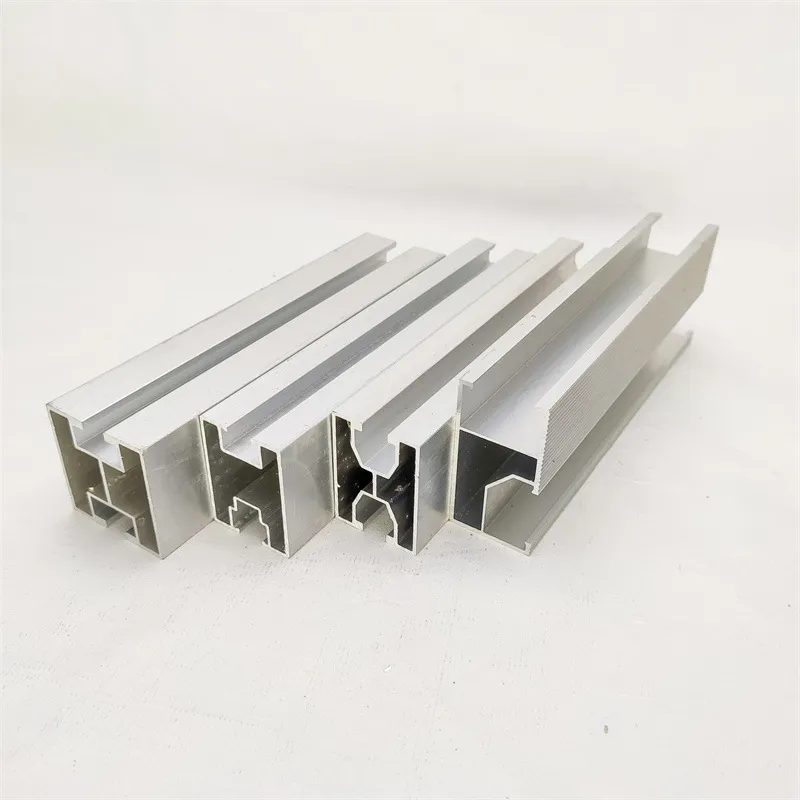

Understanding M7 Bolt Specifications and Applications for Industrial Use
11月 . 04, 2024 13:41 Back to list
Understanding M7 Bolt Specifications and Applications for Industrial Use
Understanding M7 Bolt A Comprehensive Overview
In the world of engineering and construction, the importance of fasteners cannot be overstated. Among these, bolts play a crucial role in connecting various components, ensuring structural integrity, and facilitating mechanical functionality. One such type of bolt is the M7 bolt, often denoted as M7 bolt in some contexts, particularly in online technical discussions and databases. This article aims to provide an in-depth understanding of the M7 bolt, including its specifications, applications, and advantages.
What is an M7 Bolt?
The M7 bolt refers to a metric bolt with a nominal diameter of 7 millimeters. The M in M7 denotes the metric system, which is widely used across the globe for manufacturing and engineering purposes. Bolts come in various sizes and strengths, with the M7 being a medium-sized option. The specifications of M7 bolts can vary based on standards set by organizations like ISO (International Organization for Standardization) or DIN (Deutsches Institut für Normung).
Specifications of M7 Bolts
Typically, the dimensions of M7 bolts include a thread pitch of 1.0 mm, a length that can vary depending on the application, and several grades that denote their tensile strength. Common grades include classes 8.8, 10.9, and 12.9, each indicating a specific yield strength and tensile strength. For instance, an M7 bolt of grade 8.8 usually has a tensile strength of around 800 MPa and a yield strength of 640 MPa.
Additionally, M7 bolts can be made from various materials, including carbon steel, stainless steel, and alloy steel. The choice of material often depends on the operating environment and application requirements. For example, stainless steel M7 bolts are preferred in corrosive environments due to their corrosion-resistant properties.
Applications of M7 Bolts
m7 bolt

M7 bolts are versatile and can be found in a myriad of applications across different industries. In the automotive sector, they are commonly used for securing engine components, chassis assemblies, and support structures. In construction, M7 bolts are employed in steel frame connections, brackets, and various structural assemblies, contributing to the overall stability and safety of buildings and infrastructures.
Moreover, M7 bolts are used in machinery and equipment assembly, making them integral to manufacturing processes. They are ideal for applications that require moderate strength and dimensions, making them a go-to choice for engineers and designers.
Advantages of M7 Bolts
One of the primary advantages of M7 bolts is their reliability and strength. When installed correctly, they create robust connections that can withstand dynamic loads, vibrations, and environmental factors. Furthermore, M7 bolts offer ease of installation, thanks to their standard sizes and compatibility with widely available tools.
Another benefit lies in their adaptability. M7 bolts can be used in various applications as previously mentioned, making them a cost-effective solution for manufacturers and builders alike. They also adhere to international standards, ensuring that they meet safety and performance requirements necessary for critical applications.
Conclusion
In summary, the M7 bolt is an essential component in the landscape of fasteners, offering a unique combination of strength, versatility, and reliability. From automotive to construction, its applications are widespread, showcasing its fundamental role in assembling and securing various structures and machines. Understanding the specifications, materials, and advantages of M7 bolts helps engineers make informed decisions, ensuring that projects are executed safely and efficiently. Whether you are a manufacturer, a design engineer, or a construction professional, familiarity with M7 bolts can enhance your ability to create resilient and durable products.
Latest news
-
Hot Dip Galvanized Bolts-About LongZe|High Strength, Corrosion Resistance
NewsJul.30,2025
-
High-Strength Hot Dip Galvanized Bolts - Hebei Longze | Corrosion Resistance, Customization
NewsJul.30,2025
-
Hot Dip Galvanized Bolts-Hebei Longze|Corrosion Resistance&High Strength
NewsJul.30,2025
-
High-Strength Hot-Dip Galvanized Bolts-Hebei Longze|Corrosion Resistance&High Strength
NewsJul.30,2025
-
Hot Dip Galvanized Bolts-Hebei Longze|Corrosion Resistance&High Strength
NewsJul.30,2025
-
Hot Dip Galvanized Bolts - Hebei Longze | Corrosion Resistance, High Strength
NewsJul.30,2025

